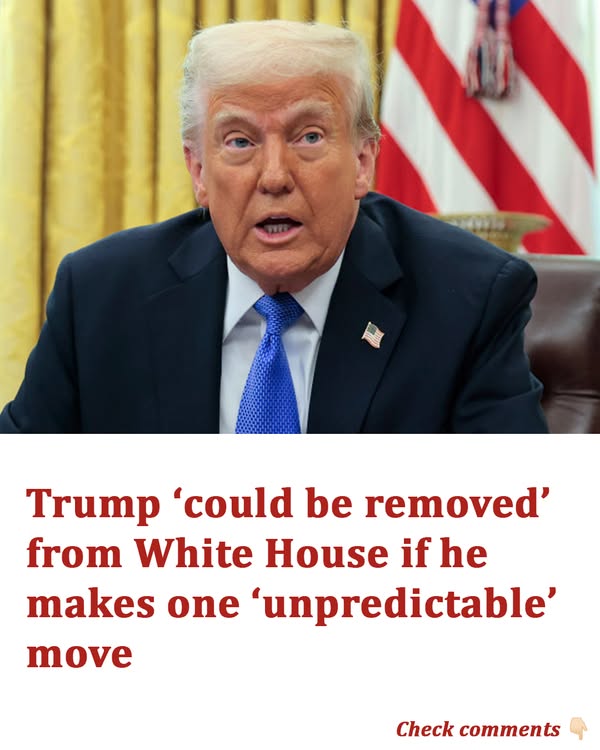
The United States Constitution provides specific mechanisms for addressing situations where a sitting president may be deemed unfit for office. Two primary avenues are impeachment and the invocation of the 25th Amendment. Understanding these processes is crucial for comprehending the checks and balances inherent in the U.S. political system.
Impeachment: A Legislative Check on Presidential Power
Impeachment is a constitutional process that allows Congress to charge and potentially remove a president for “high crimes and misdemeanors.” The procedure begins in the House of Representatives, which holds the sole power to impeach. If a majority of the House votes in favor, the process moves to the Senate. In the Senate, a trial is conducted, and a two-thirds majority vote is required to convict and remove the president from office.
Historically, impeachment has been a rare occurrence. President Donald Trump, for instance, was impeached twice by the House during his first term but was acquitted by the Senate on both occasions. Discussions around impeachment often resurface in political discourse, especially when concerns arise about a president’s actions or rhetoric.
The 25th Amendment: Addressing Presidential Incapacity
Another constitutional provision for addressing presidential incapacity is the 25th Amendment. Section 4 of this amendment allows the Vice President and a majority of the Cabinet to declare the president “unable to discharge the powers and duties of his office.” In such a scenario, the Vice President would assume the role of Acting President.
The 25th Amendment has been considered in various contexts, particularly when concerns about a president’s health or behavior have been prominent. For example, following the events of January 6, 2021, there were calls from some lawmakers and public figures to invoke the 25th Amendment, citing the president’s role in the Capitol attack. However, this course of action was not pursued at that time.
Speculative Scenarios and Political Dynamics
Political analysts and commentators sometimes speculate on scenarios where these constitutional mechanisms might be employed. Such discussions often hinge on hypothetical situations involving presidential actions that could be perceived as unpredictable or detrimental to national interests. While these analyses provide insight into the robustness of the U.S. political system, they remain speculative unless actual events trigger such constitutional considerations
Conclusion
The U.S. Constitution’s provisions for impeachment and the 25th Amendment underscore the nation’s commitment to maintaining a balance of power and ensuring that the office of the presidency is held to the highest standards of accountability. While discussions and debates about these mechanisms are integral to a healthy democracy, their application is contingent upon specific circumstances that warrant such serious measures.





